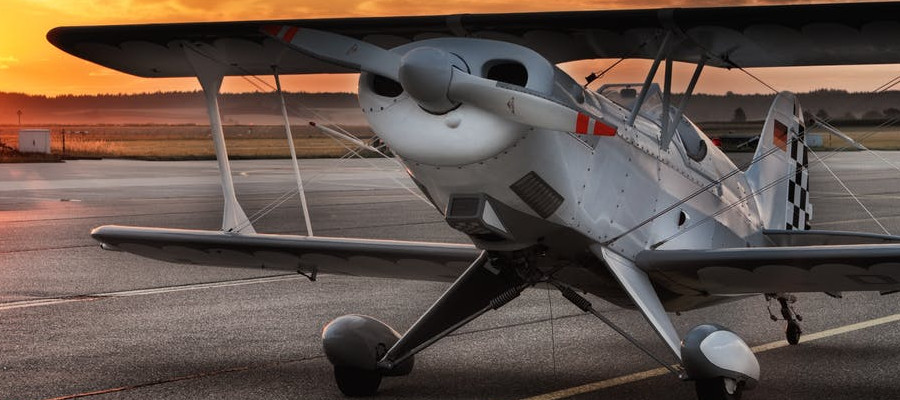In history, many airfields played a role in the first and second world wars. But unfortunately, many people don’t know about these airfields; they may not even exist anymore. Here’s a discussion of the four most important airfields from Britain’s past and their part in both world wars. RAF Biggin Hill, London One of the … Read More
All posts in Historic Military Airfields
Historic Military Airfields

